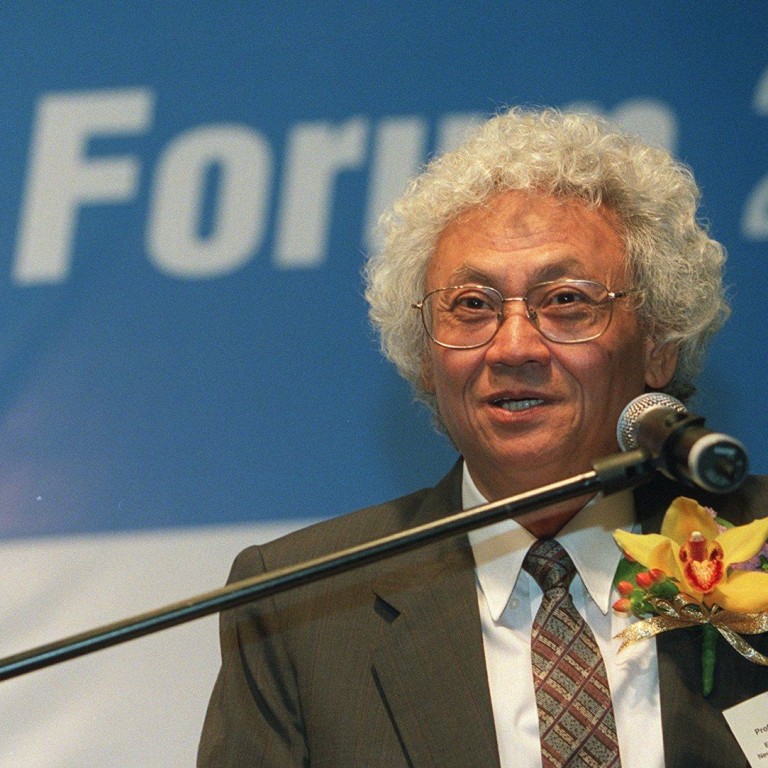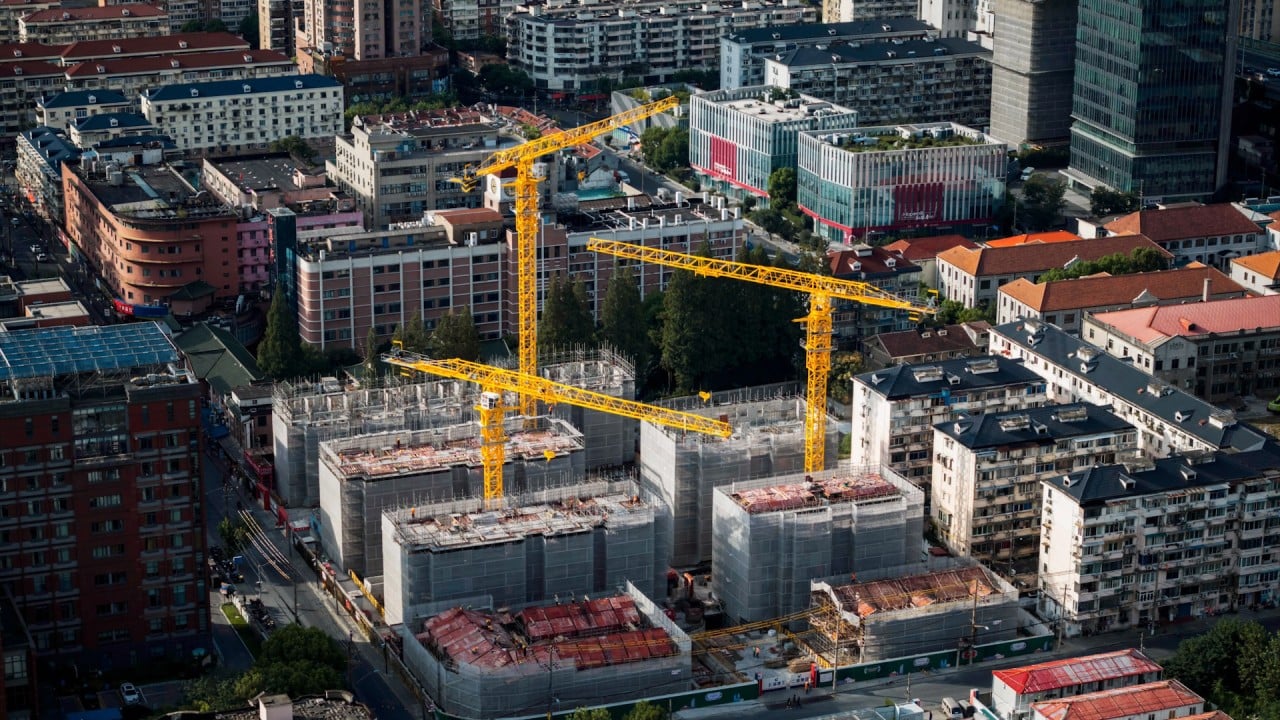
China should keep inflation around 4% to boost activity, household wealth, economist says
- A well-known economist has recommended bouts of controlled inflation to stimulate China’s economy and prevent further declines in household wealth
- Analyst argues an initial rate of 6 per cent, followed by a sustained holding pattern at 4 per cent, could jump-start activity and drive growth
A prominent analyst has said China should target a yearly inflation rate of 4 to 6 per cent to recover household wealth and drive its economy, after a recent decline in consumer prices has renewed deflationary concerns and fuelled calls for policy shifts to stimulate domestic demand.
“Apart from not restraining housing prices, China’s central bank needs to push the yearly inflation rate to about 6 per cent as soon as possible, and then drive it to 4 per cent until the overall economy has significantly improved,” Steven Ng-Sheong Cheung, a Hong Kong-born American economist, said in his Sina blog on Friday.
The decline in wealth is seriously damaging to the economy
Eight straight months of near-zero growth in China’s CPI, and 14 months of contraction for its producer price index – a gauge of factory-gate prices – have compounded concerns over weak domestic demand and low confidence, two phenomena that have hampered the country’s economic recovery since the lifting of pandemic-induced restrictions at the beginning of the year.
“The decline in wealth is seriously damaging to the economy,” said Cheung, who is known for his pro-market stances. “Residents’ incomes are transitory, but their wealth is not. Declining wealth means that residents’ expectations for future income are permanently falling.”
CPI rose 0.3 per cent from January to November, year on year, far behind the government target of 3 per cent.
Teng Tai, director of WANB Institute, a Beijing-based non-profit think tank, said the government should not underestimate the drag deflation can exert on the job market and economic growth.
“The current deflation in China is one of the most serious economic challenges it has to face,” he said. “To reverse this trend, China needs to move away from the traditional policy mindset of preventing inflation and exchange rate depreciation, and perform a U-turn.”
Core inflation, which excludes food and fuel prices, stood at 0.6 per cent in November. That number was lower than the average 1.5 per cent observed from 2012 to 2021, indicating that China is still facing a mild economic recovery and poor demand, said Ding Shuang, chief Greater China economist at Standard Chartered Bank.
“Beijing’s policies should address how to boost confidence in the private sector, [as well as] investment and consumption, and create healthy and sustainable internal economic impetus through reforms,” Ding said.


